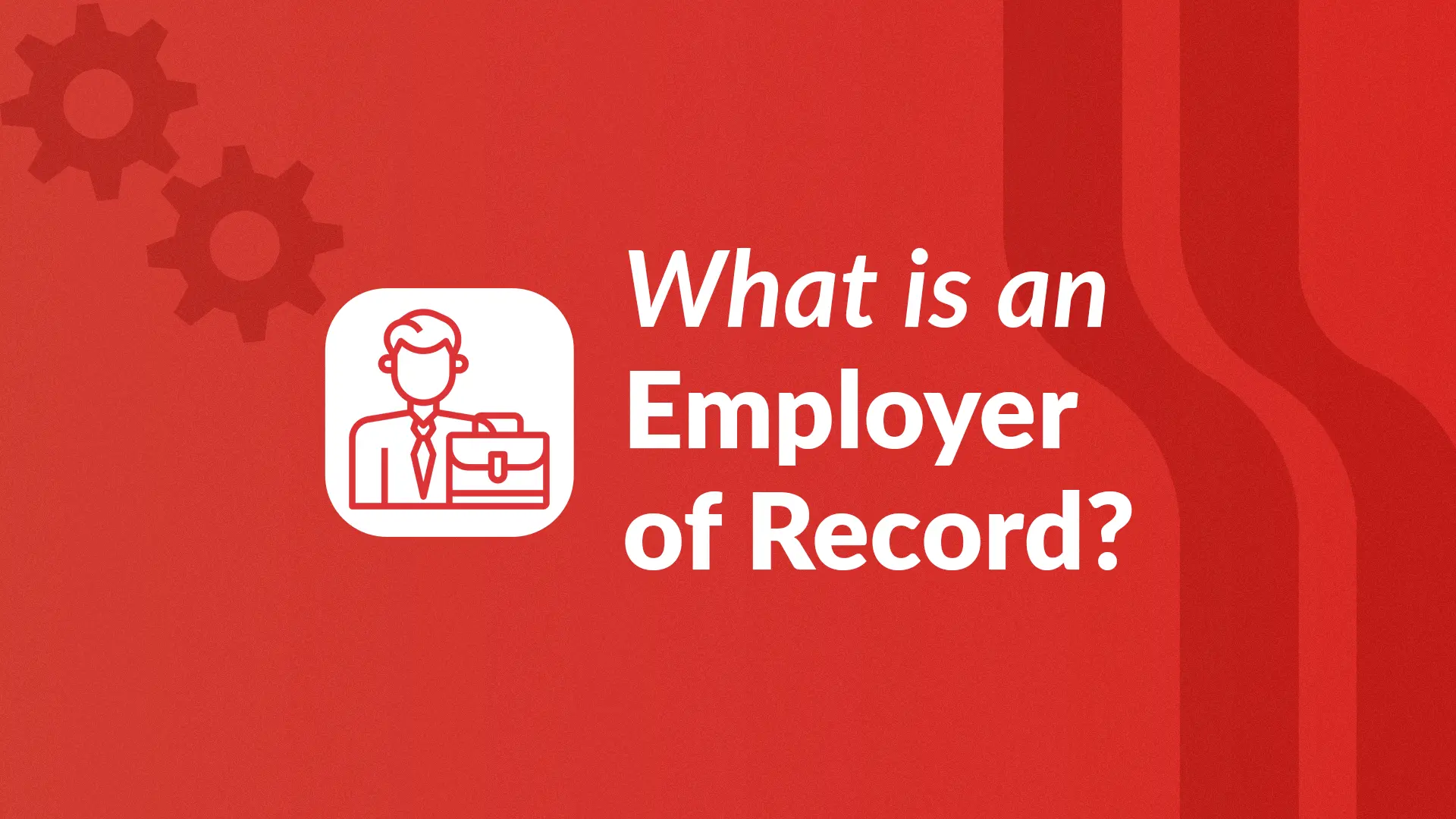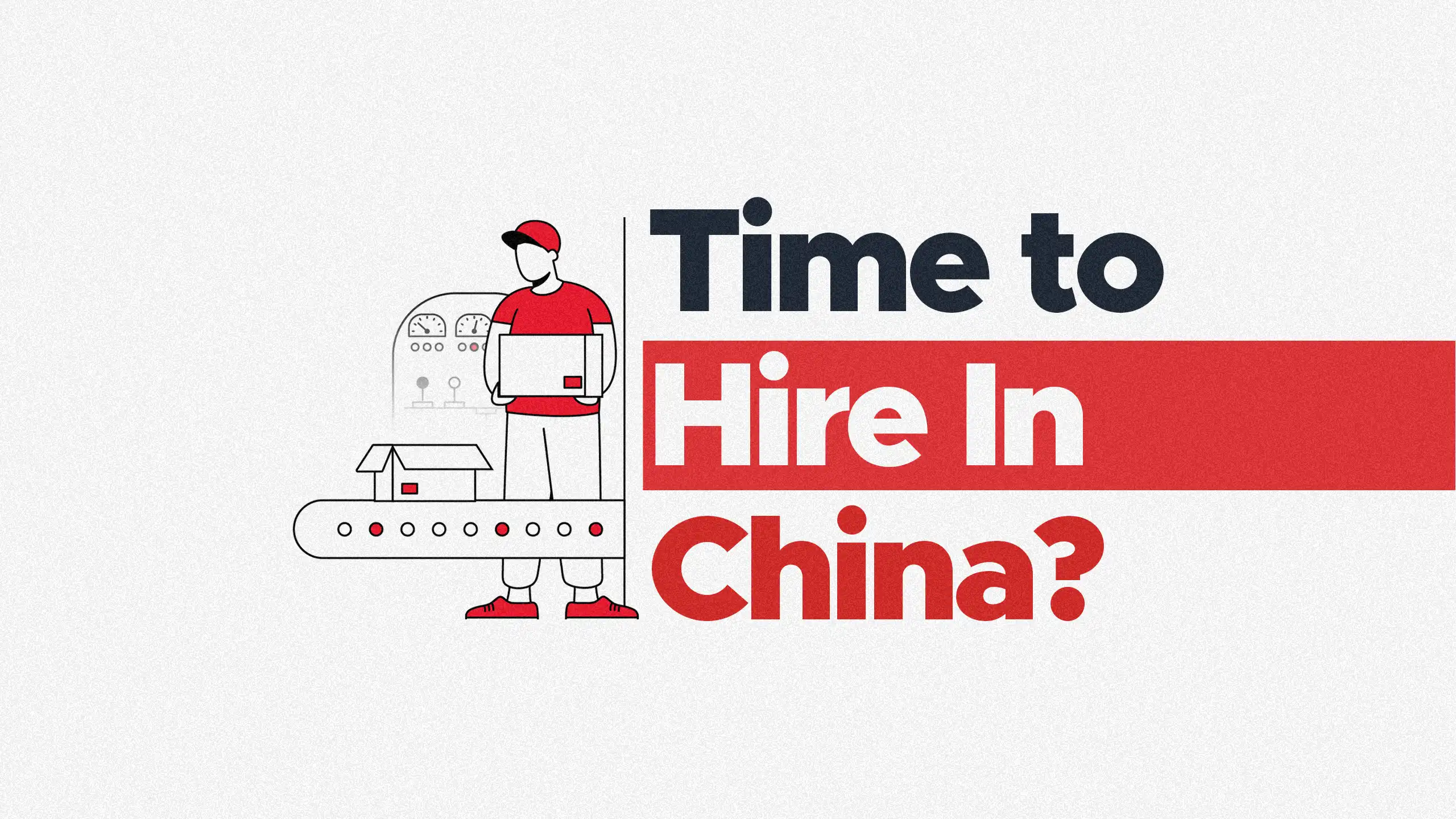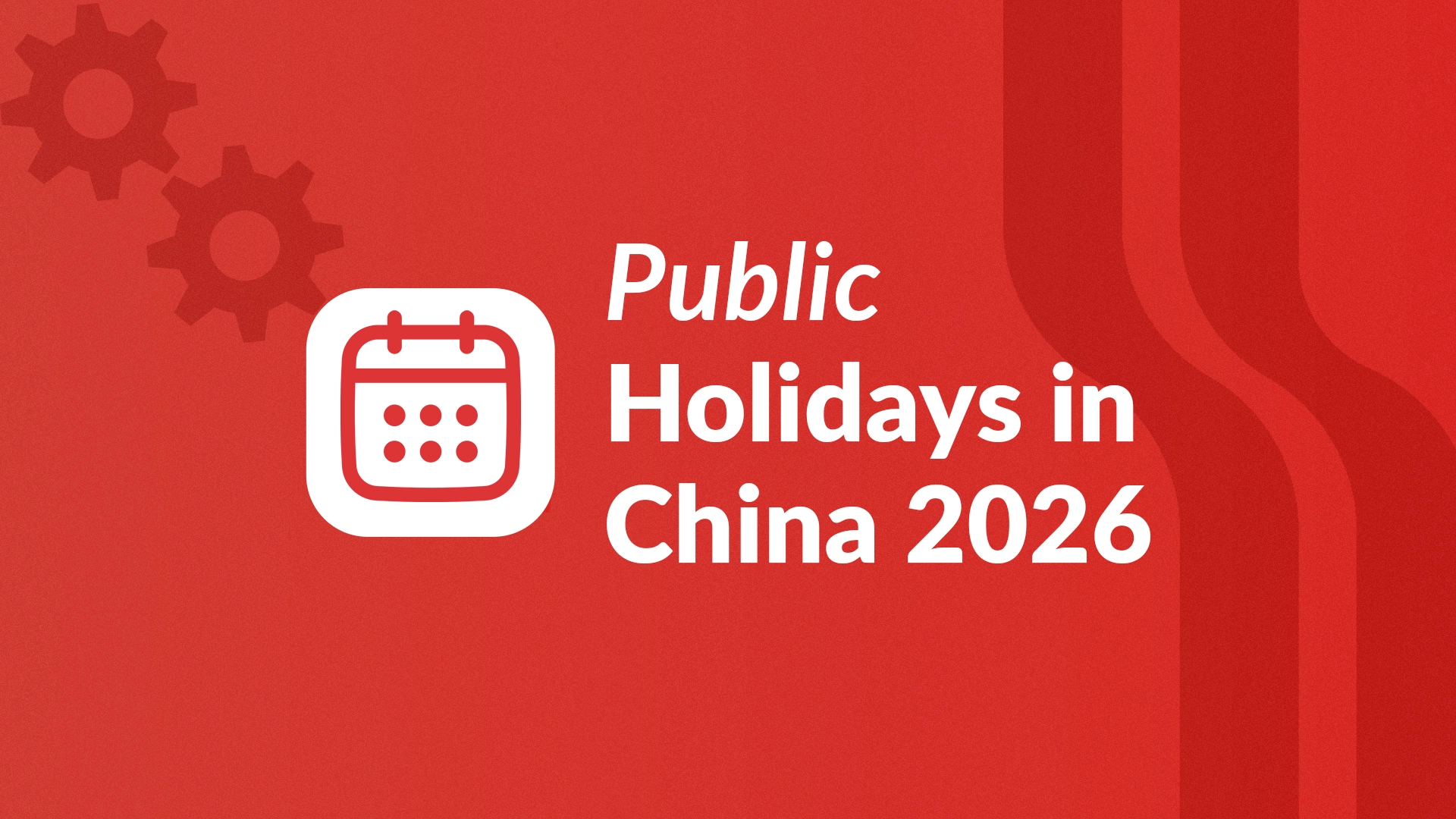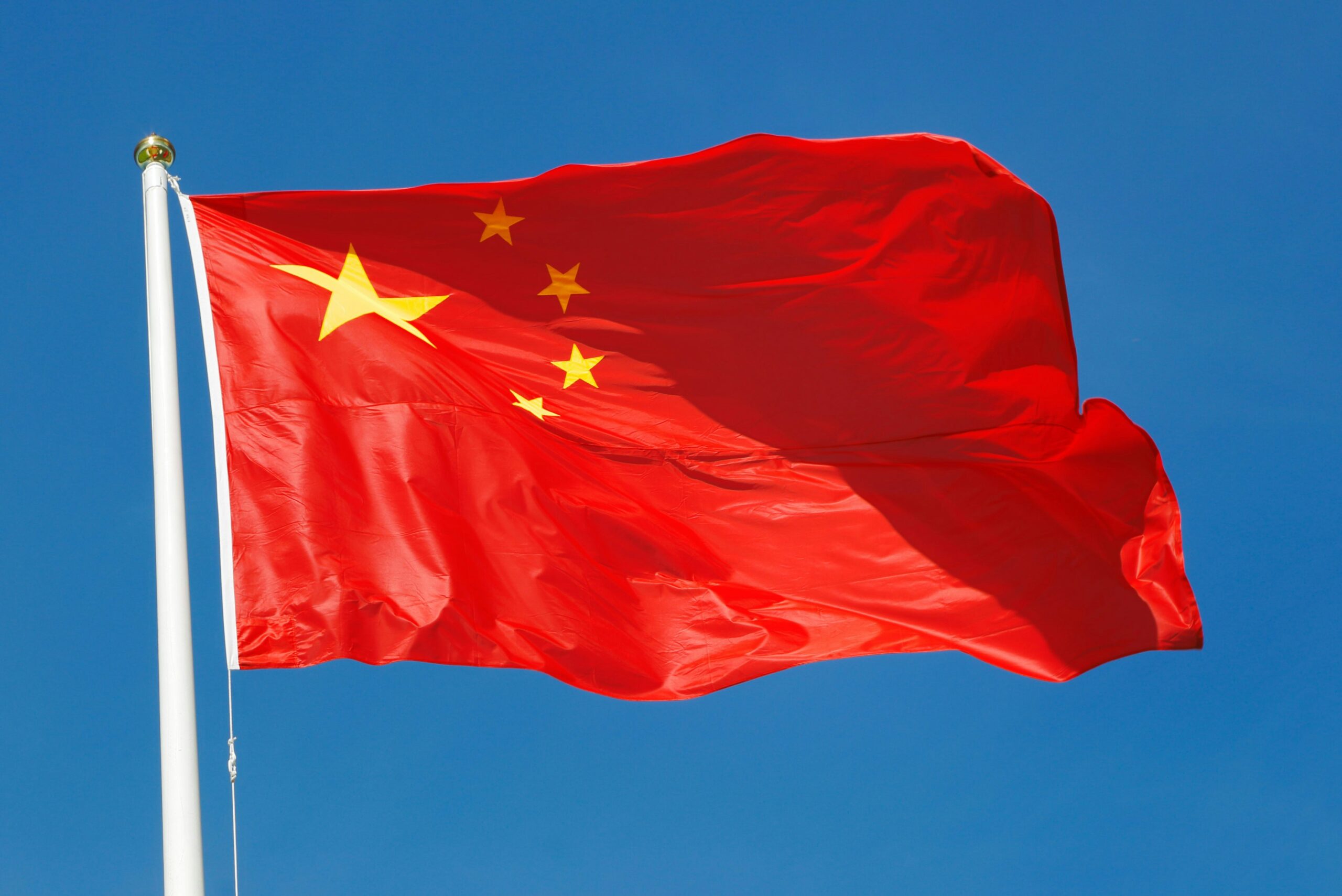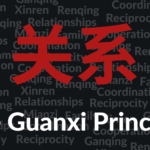An Employer of Record, or EOR, is a third-party service that legally employs workers for your company. This means the EOR handles all the tricky back-end tasks like payroll, taxes, benefits, and making sure you follow local labour laws.
EORs are especially popular for companies employing staff outside their home country because they let businesses hire employees quickly and legally (like in China) without the time, cost and hassle of setting up and maintaining a local company first.
In this article, we’ll discuss how EORs work, the benefits they offer, the risks involved and practical ways to manage those risks.
What is an Employer of Record?
An EOR is the legal employer on paper. They take full legal responsibility for payroll, tax filings, benefits administration and keeping everything compliant with local rules.
However, it’s important to understand that your employees remain effectively yours. Your company manages their daily work, performance and team leadership. Meanwhile, the EOR focuses mainly on the back-end employment administration.
This arrangement is valuable in places like China, where local labour laws and regulations vary by city and can be difficult for foreign companies to navigate. Using an Employer of Record in China lets foreign businesses hire staff quickly and legally without the headache.
How Does an Employer of Record Work?
You choose who you want to hire. The EOR sorts out contracts, local registrations and all the legal bits, so you don’t need a Chinese legal entity.
The EOR is there to help with sourcing and recruitment if you need. They don’t dictate who you hire, it’s your decision.
Many EORs, including providers like Kinyu, will help you find and interview candidates to suit your requirements, making the hiring process smoother. However, the final hiring decision is yours. You’re in control of who joins your team.
Once you’ve chosen the right candidate, the EOR steps in to take care of the legal formalities. They handle all the formalities: issuing proper employment contracts, registering the employee with local authorities, and managing payroll, taxes and mandatory social insurance contributions.
This removes the headache of dealing with China’s labour laws, which change depending on which city you’re in and can be tough to get your head around without local expertise and language skills.
The EOR’s ongoing job is to keep your company compliant with all local employment laws. They make sure payroll, taxes, benefits and all the legal stuff stay up to date, so you don’t have to worry about penalties or getting caught out by changing rules.
Even though the EOR is the legal employer, you’re always in charge of day-to-day work. You assign jobs, track performance, set KPIs and manage the team. Just like you would if you were the direct employer. The EOR handles the legal side, you handle the business
Employer of Record Benefits
Fast Local Hiring
Compliance & Risk Management
Saves Time & Costs
Local HR, payroll and legal setups aren’t just expensive, they pull resources away from your main business. EORs centralise these administrative burdens, cutting costs and freeing up manpower for actual supply chain management.
Talent Acquisition
Borders shouldn’t block good hires. An EOR removes geographic limits so you can source staff closer to suppliers or key regions. The process for onboarding is simplified, and market entry can be tested without big commitments.
Simplifies HR Processes
Rather than wrestling with paperwork and multi-system headaches, you get one platform to handle everything HR for your overseas workforce. The result: less admin and more operational focus.
Employer of Record Risks
It all sounds pretty good, right? But before you dive in, don’t overlook the possible pitfalls. Not every EOR is the same and there are a few things you’ll want to consider before making a choice:
Permanent Establishment Risks
EORs don’t give you a free pass when it comes to tax obligations. If your team in China is signing contracts, running major operations, or directly driving revenue, the authorities might see your business as having a permanent base there, even if you’re using an EOR.
This can create unexpected tax bills, extra paperwork or government scrutiny. It’s not just about who’s on the payroll; what kind of work they do, and how closely it ties to your global business, matters. If in doubt, check with a local tax adviser and keep the EOR’s role strictly to employment, not core business management.
Worker Misclassification
If you treat regular staff as “contractors” via an EOR, you’re heading for a compliance mess. Misclassification can mean back-payments, legal trouble and unwanted attention from regulators. If workers performing regular, core roles are treated as contractors without meeting legal standards, companies may face fines, back taxes, social security obligations, and potential lawsuits. Contracts must reflect the true nature of the working relationship clearly and accurately.
Intellectual Property Ownership
Not all EOR contracts cover IP properly, especially in China. If your employees create something valuable, make sure ownership clauses are watertight and reviewed by a local legal expert. Don’t leave IP up for grabs.
Data Security
Your people’s sensitive data goes to a third-party. Check the EOR’s compliance with Chinese data laws: are records stored securely? Is cross-border transfer handled by the book? Data breaches or regulatory slip-ups can be costly.
Regulatory Compliance
It’s not just employment law; some sectors have extra rules. If you’re in finance, health care, tech, etc., ask potential EORs about industry-specific compliance. Don’t assume general expertise covers your niche.
If you’re wondering how this all works in practice, take a look at these real-world examples. These case studies show how different companies have used our EOR service to solve specific supply chain and staffing challenges in China:
Avoiding Employer of Record Risks
Here’s how to steer clear of the most common pitfalls:
Vet Your EOR Partner
Don’t just go on price or a slick website. Search for independent reviews on sites like Clutch, ask for proper client references, and dig out real case studies. Reputation, legal setup, and local know-how matter far more than sales talk.
Get Contracts Right
Clarity is everything. Pin down who’s responsible for what, who owns IP, what happens in a dispute. Use bilingual contracts in places like China and always get them reviewed by a local legal expert.
Manage Your People
Even if someone’s employed via an EOR, they’re still part of your team. Stay engaged, offer training, and reinforce your company culture—don’t leave them out in the cold.
How Kinyu Can Help
Want to talk through your options or need advice on hiring in China? Get in touch with Kinyu or check out our China Desk services for step-by-step support.
